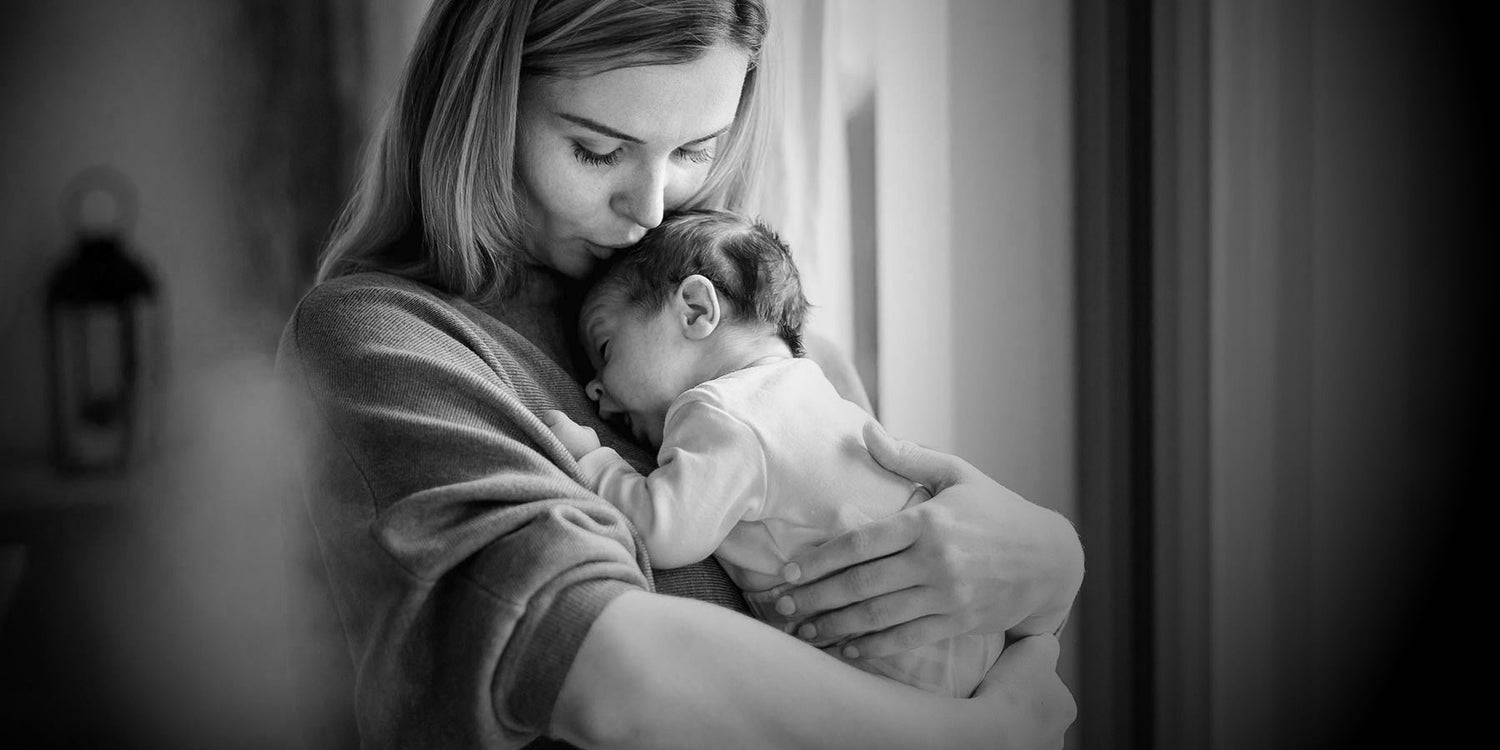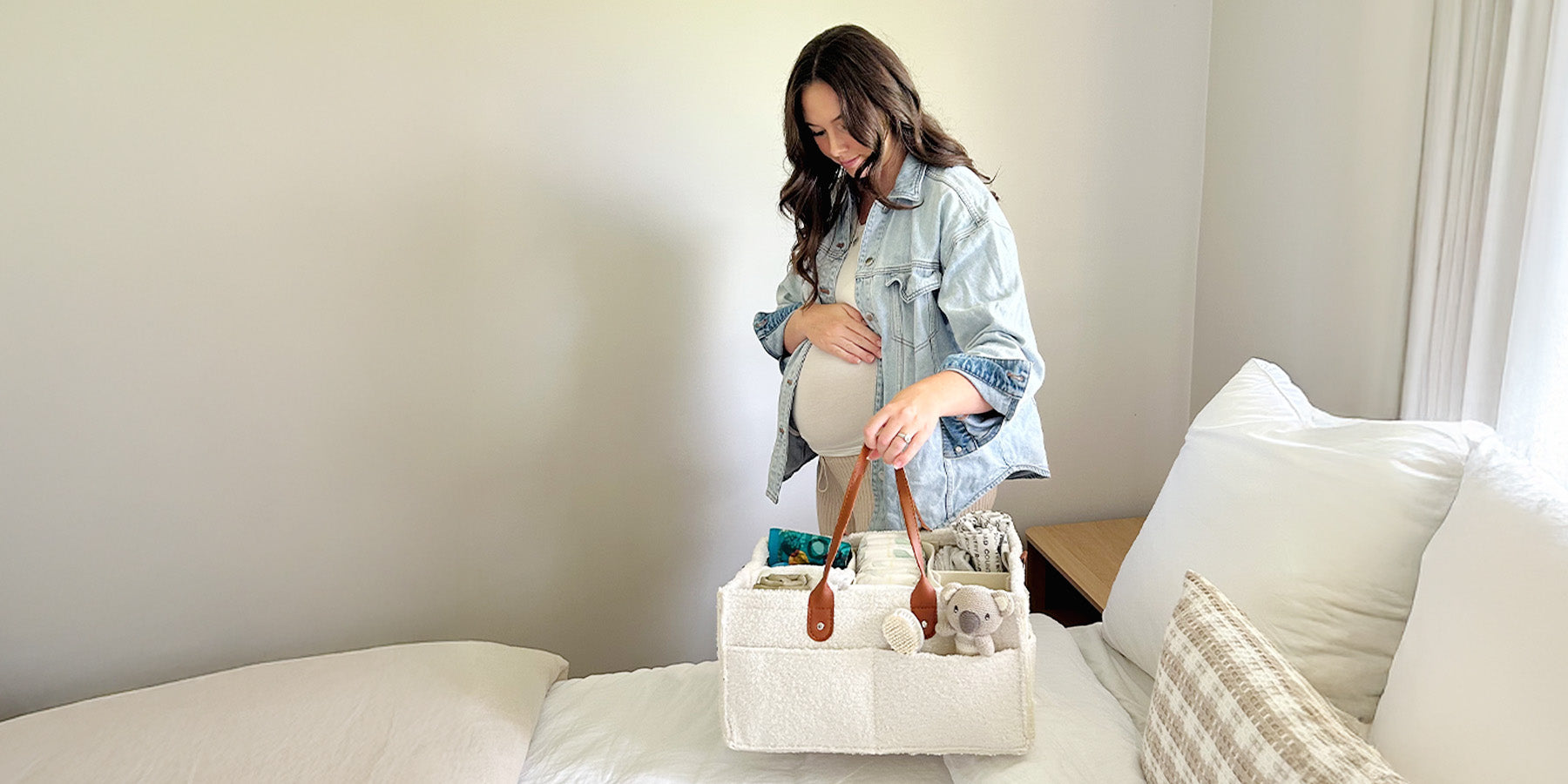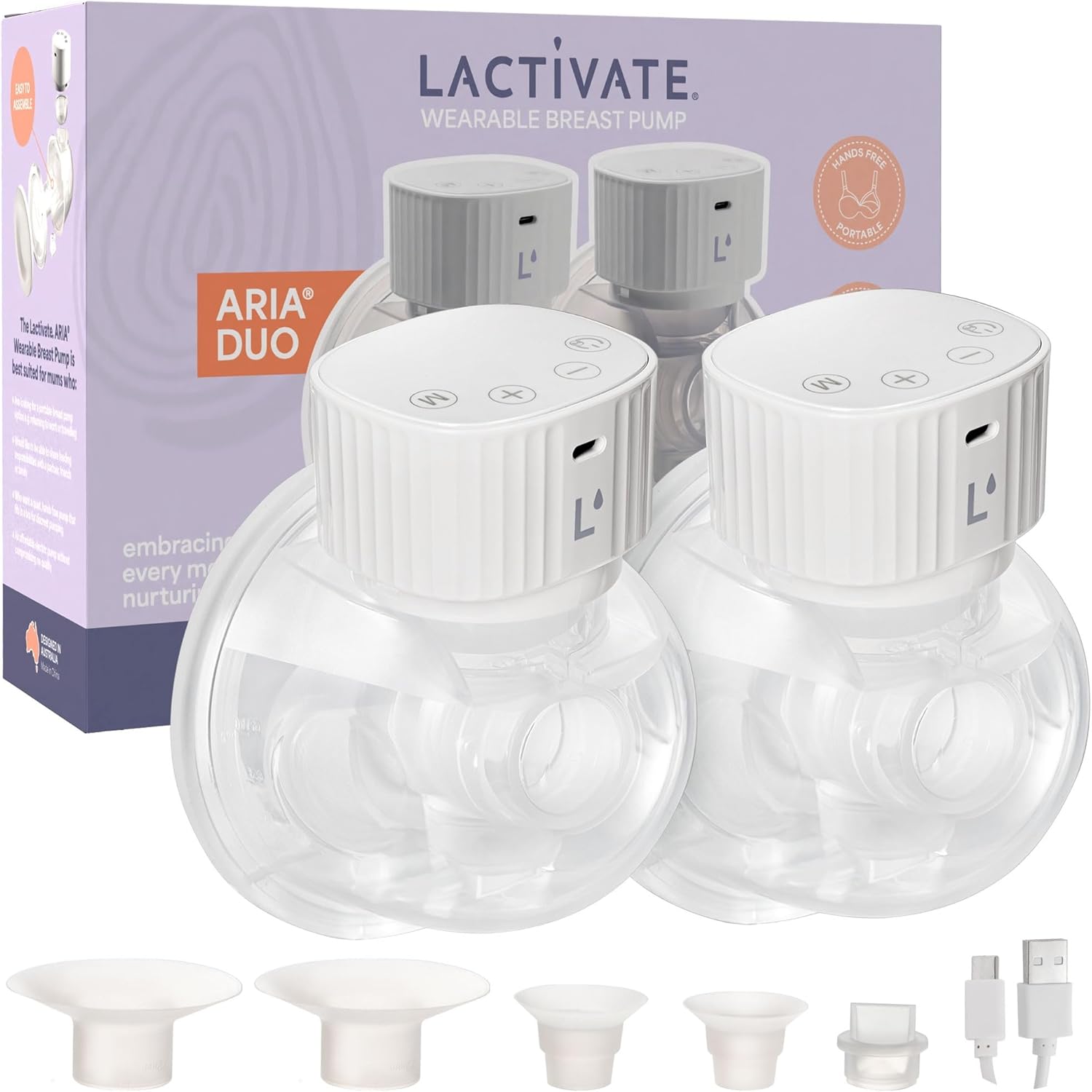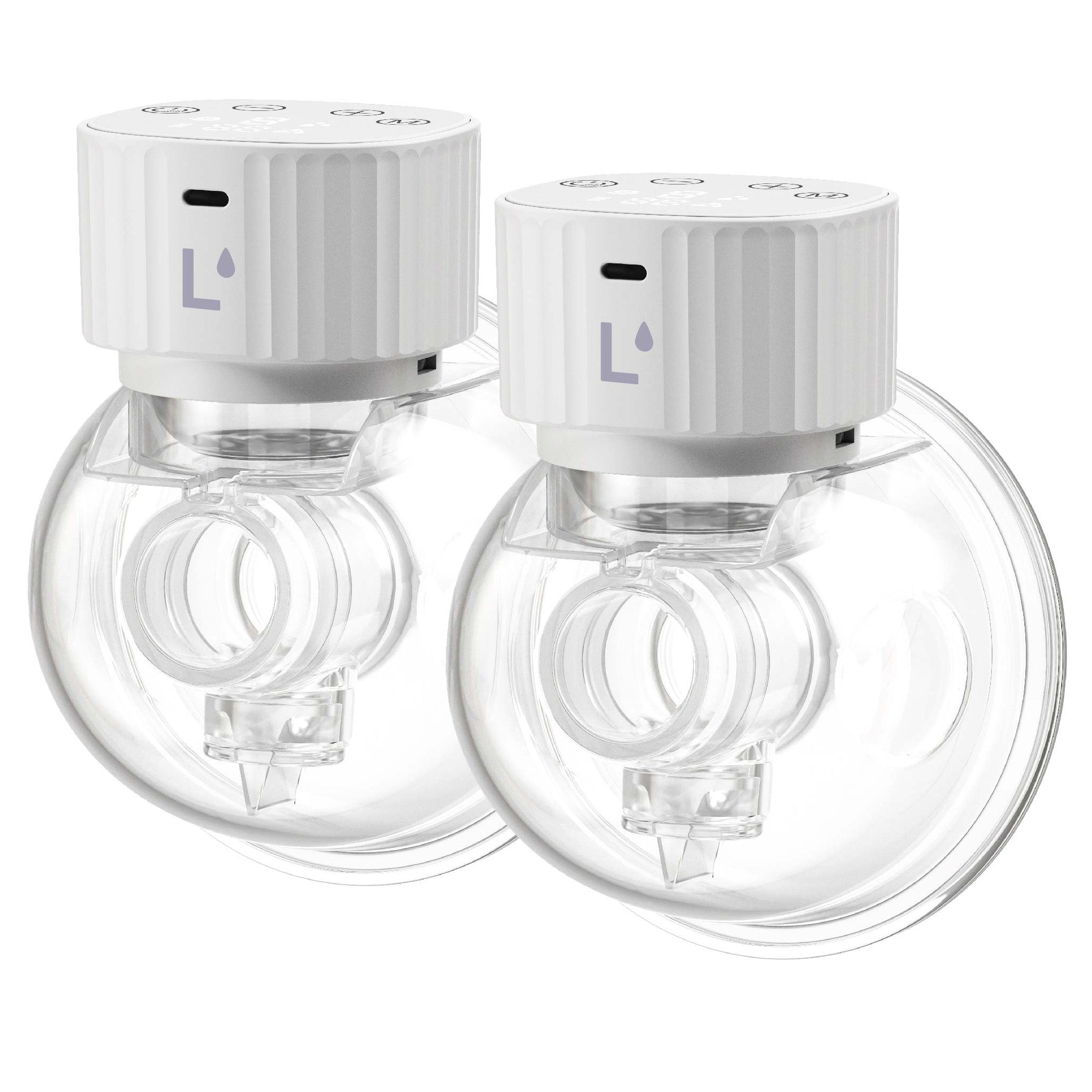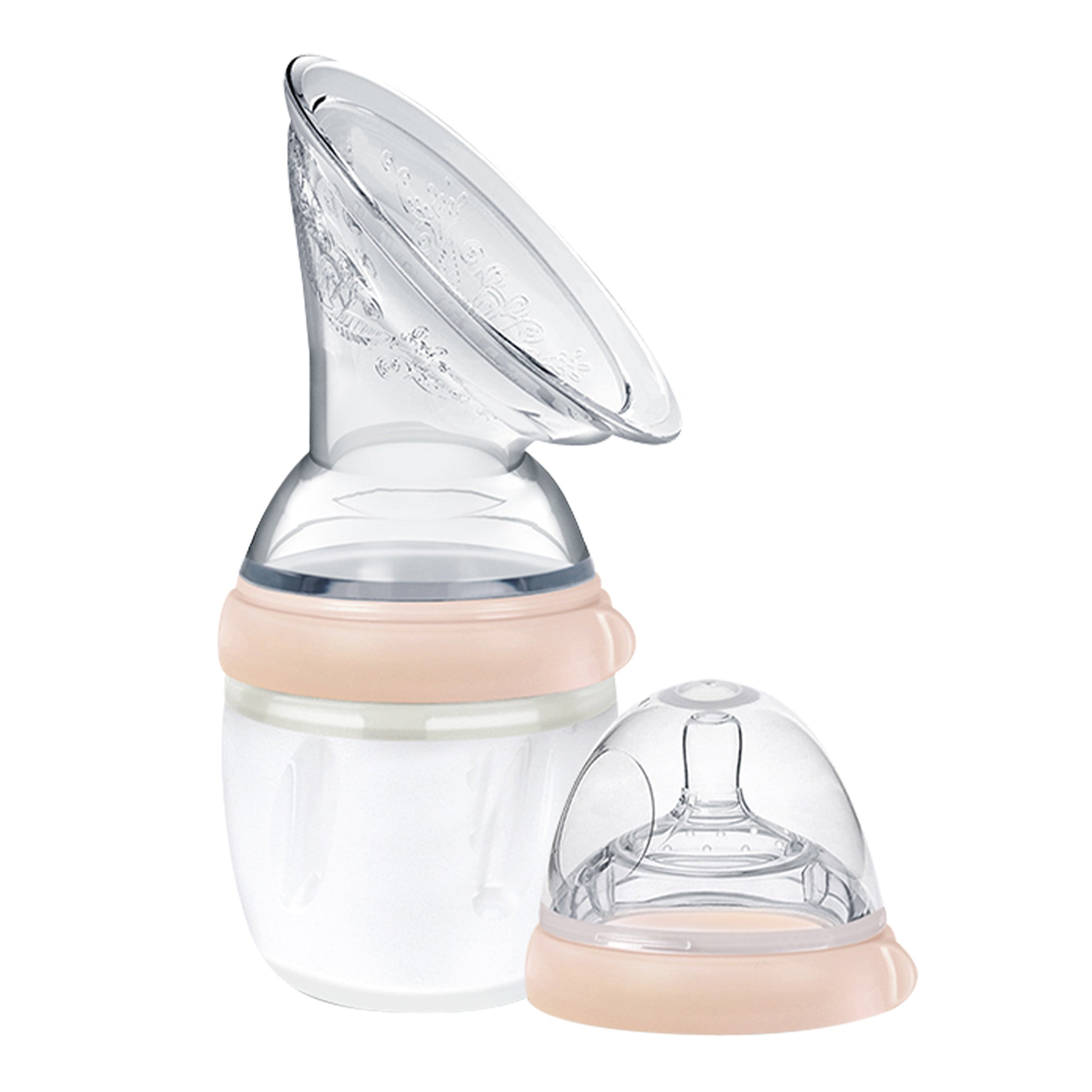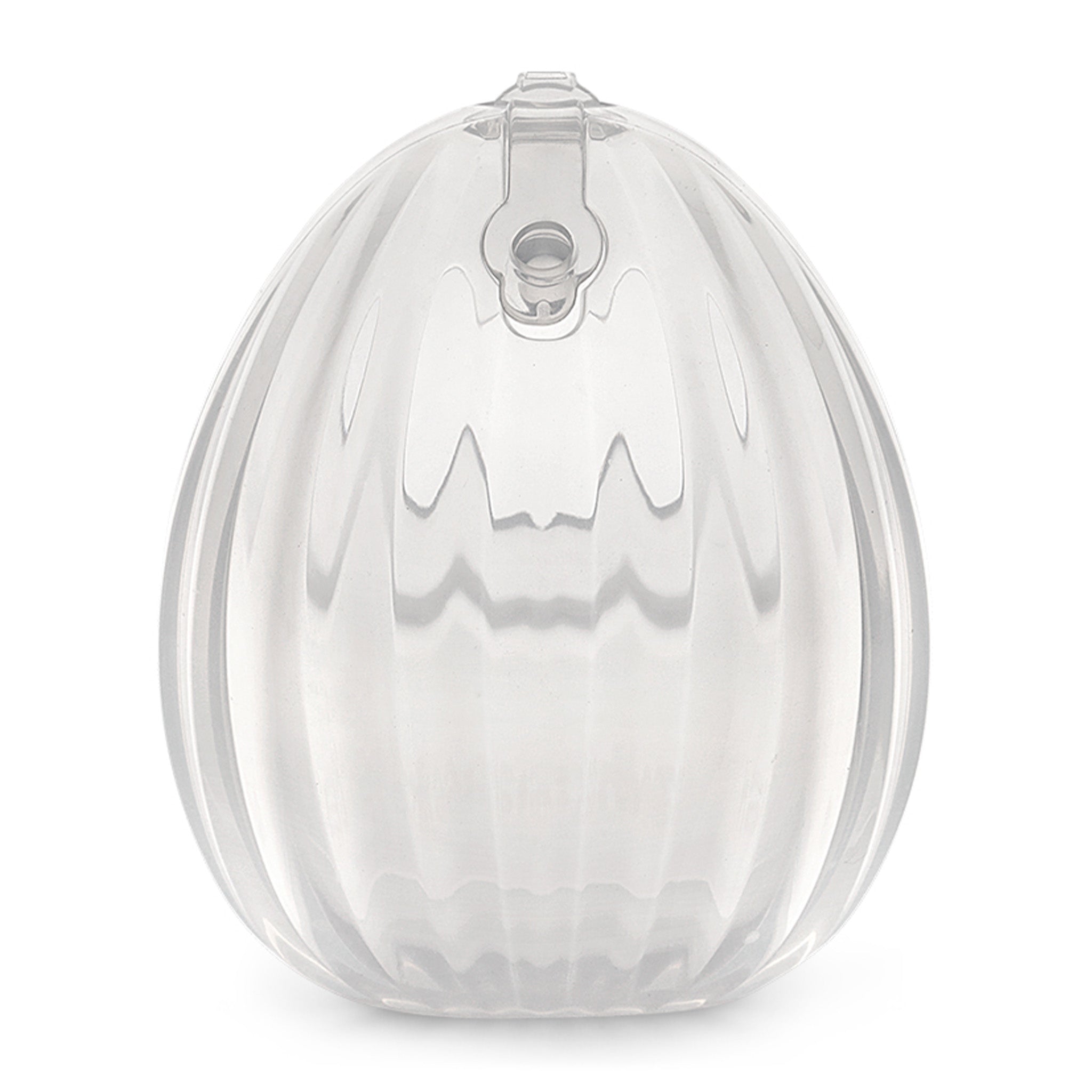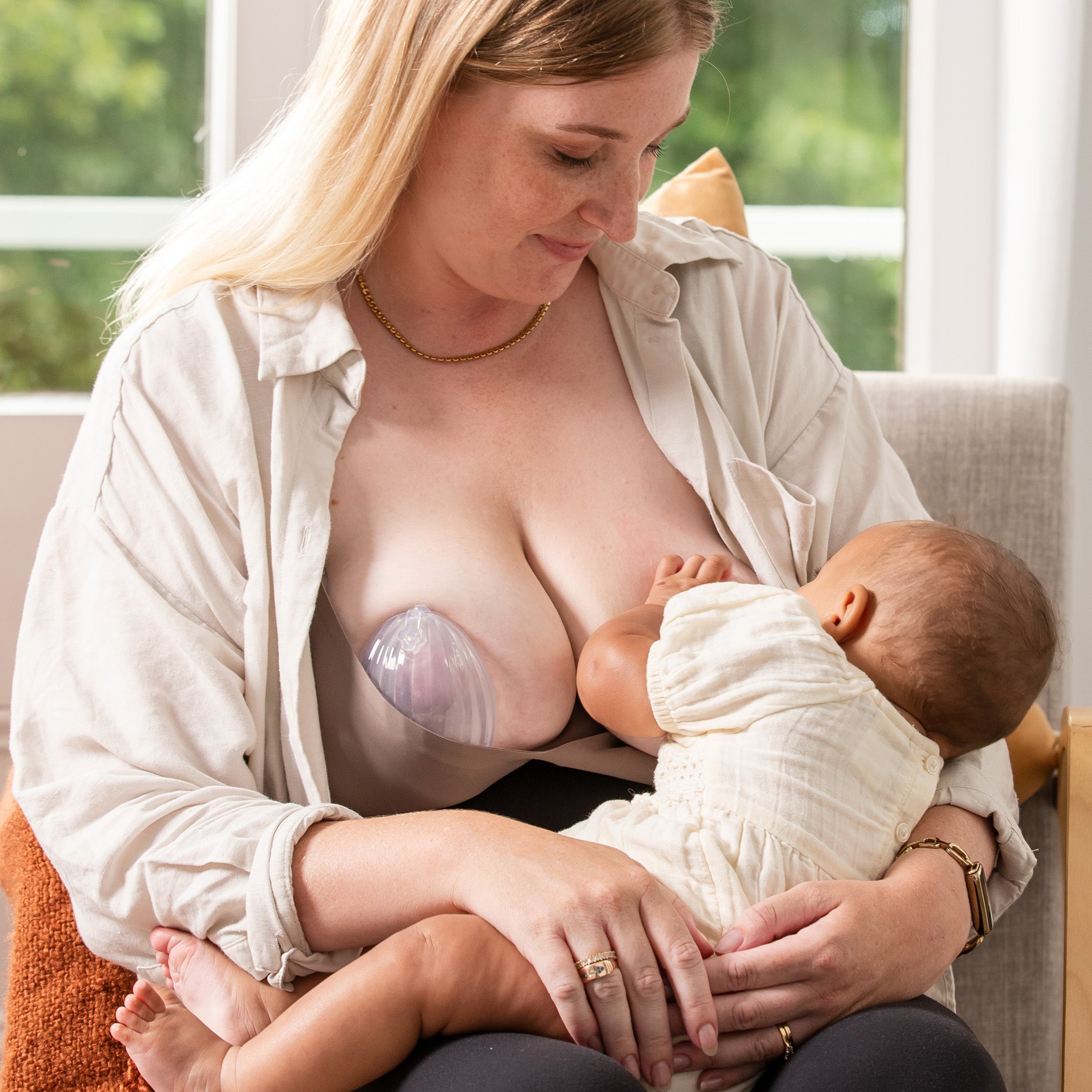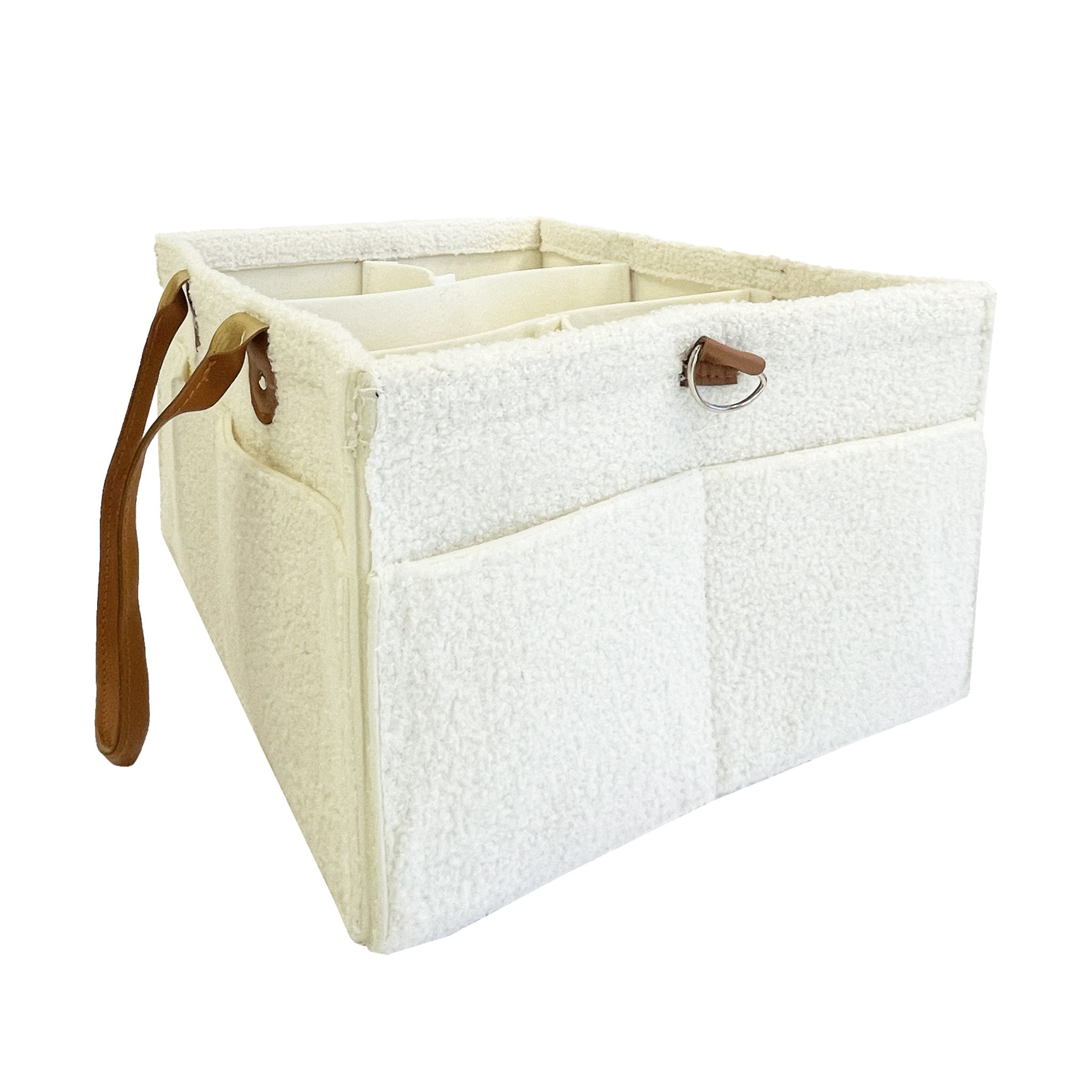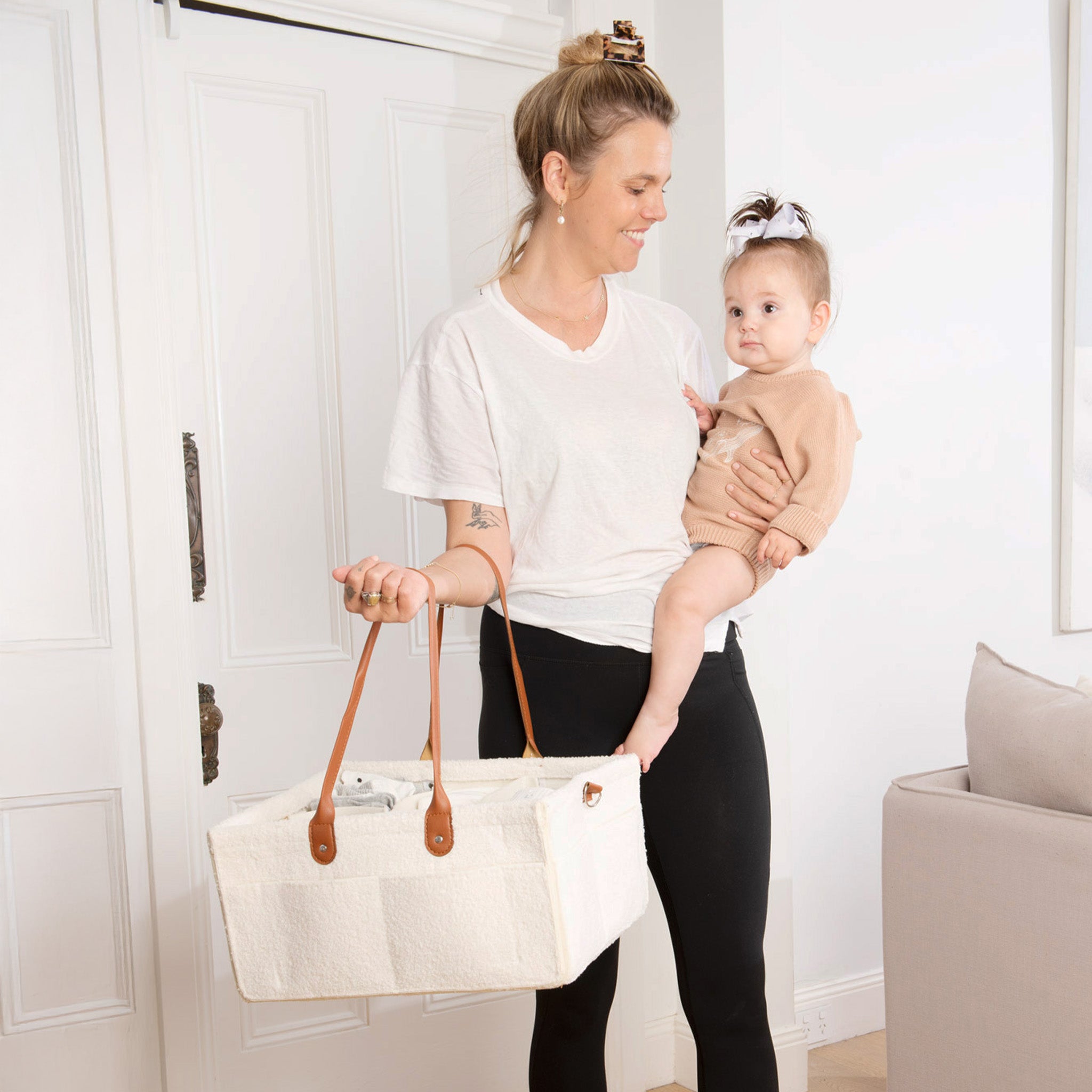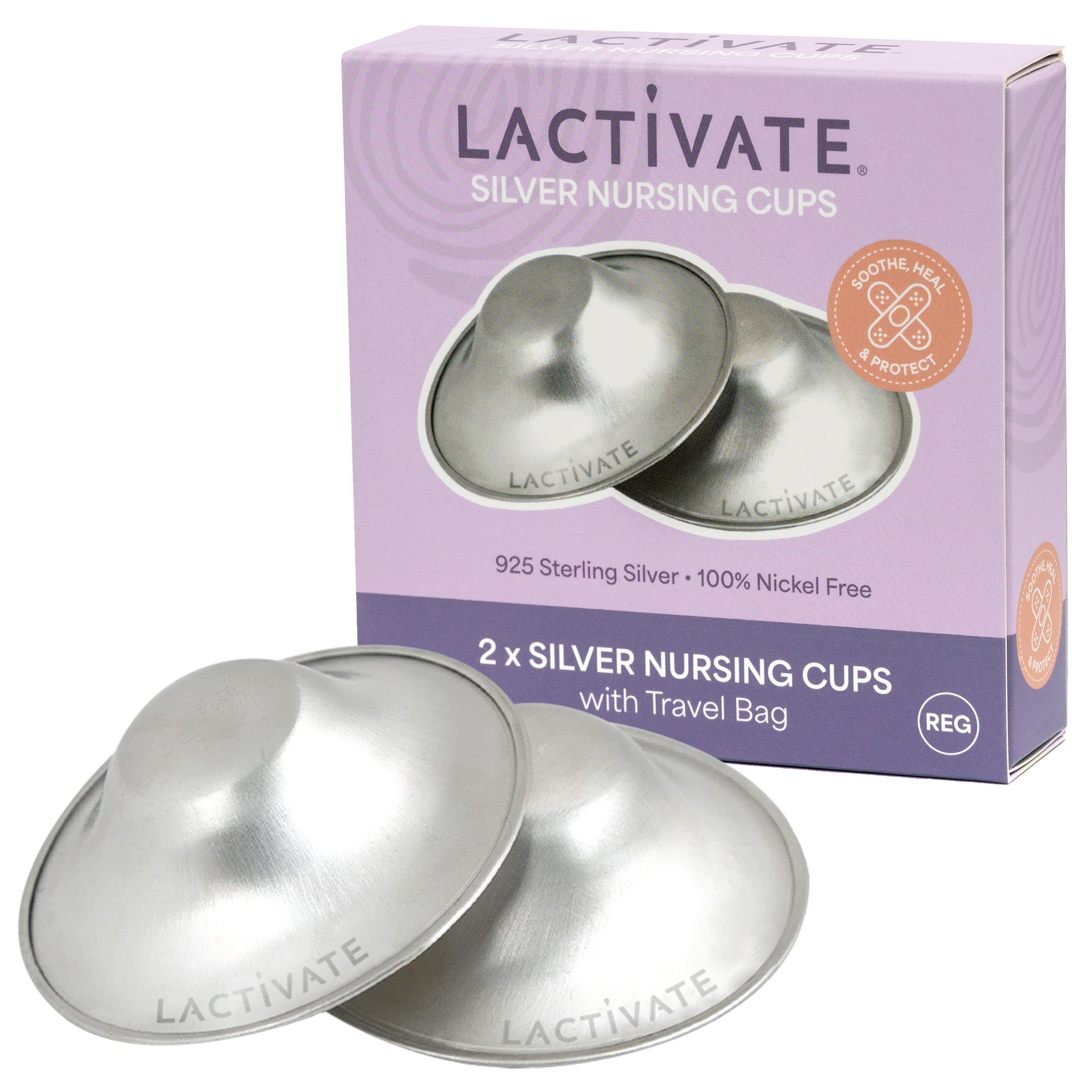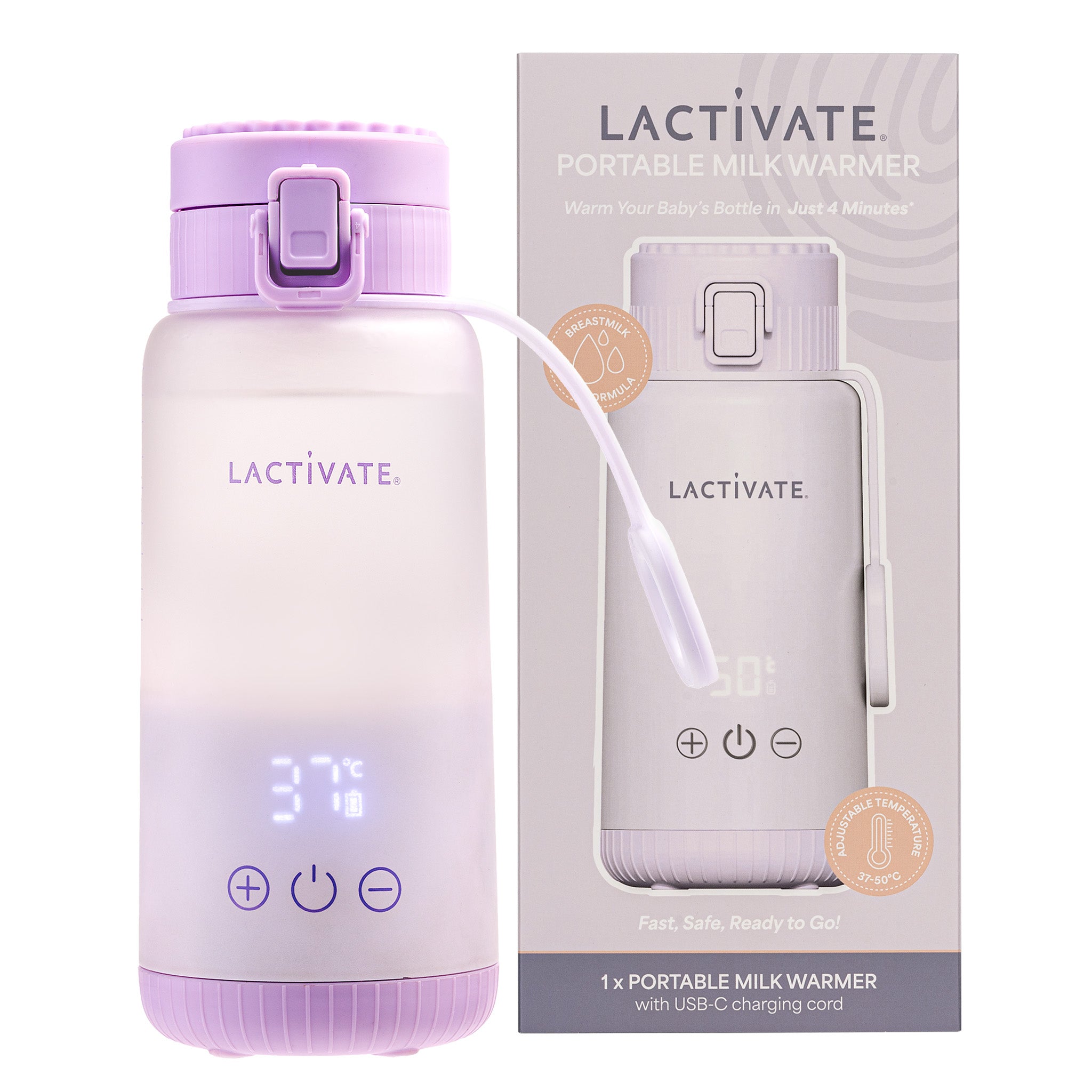If you’ve recently had a baby and found yourself diving down a Google rabbit hole at 2am, heart racing over a rash, a cry, or a missed sleep window… you’re not alone. The early days of new motherhood are full of questions: Am I doing this right? Is this normal? Should I be worried? It's completely natural to feel unsure, especially when you're navigating something as life-altering as becoming a mum for the first time.
But sometimes, those thoughts start to feel heavier. Louder. Harder to shake. And if that’s where you are right now, take a deep breath and read on to help you untangle what's typical new mum worry, and what might be something more.
New Mum Worries: The Totally Normal Stuff
Let’s start with the good news. If you’re second-guessing things and wondering how on earth they let you, a totally unqualified mother, leave the hospital with a real, live baby, it probably means you care deeply. That love and care often show up as worry, especially when everything feels new. Here are some examples of what’s considered pretty normal in the fourth trimester of new motherhood and beyond.
-
Feeling unsure about what your baby needs. Wondering if they’re hungry, tired, too hot, too cold, yep, that’s standard new-parent behaviour.
-
Googling everything. If Google or ChatGPT have become your new BFF, fear not. Whether it's baby poo colours or how long newborns actually need to sleep, seeking information and reassurance is completely understandable.
-
Worrying about milestones or sleep. Worrying about where your baby and, the hottest of hot topics as a new parent, sleep, is very common. So long as you’re able to feel reassured after speaking with a friend or expert like your GP or Early Childhood nurse, it’s what we’d deem a ‘healthy’ level of worry.
-
Needing validation. It’s normal to ask your partner 17 times whether the latch looks okay (we’ve all done it.)
These doubts usually come and go. They can feel big in the moment, but they tend to pass, especially with a bit of sleep, support, or reassurance.
When It Feels Like Something More
Sometimes, though, those worries start to take over. If your mind is racing constantly, or you feel like you just can’t calm down, even when things seem okay, it might be time to take a closer look. Some common signs of postnatal anxiety include:
-
Persistent, racing thoughts that loop over and over, no matter how often you check or reassure yourself.
-
Physical symptoms, like a tight chest, a racing heart, shaky hands, or a feeling of restlessness you can’t shake.
-
Struggling to sleep, even when your baby is snoozing and you should be sleeping.
-
Avoiding situations like leaving the house, driving, or letting someone else hold your baby, because of overwhelming fear.
-
Feeling constantly on edge or overwhelmed, even when others are offering to help.
-
Irrational or intrusive fears that feel all-consuming or “out of character” for you.
If any of these sound familiar, please know: it’s not your fault. You’ve just experienced an enormous transition, one of the biggest you’ll ever experience, and sometimes that can come with an extra dose of anxiety. The good news? You’re not alone, and you won’t and don’t need to feel like this forever.
Why Postnatal Anxiety Happens
Here’s the thing: having a baby is one of the biggest physical and emotional shifts a woman can go through. Add in sleep deprivation, hormonal changes, feeding struggles, pressure to “bounce back,” and the invisible weight of the mental load… and it's no wonder your nervous system is sounding the alarm. In fact, it's more common than you might think. Nearly 1 in 5 Australian mums will experience anxiety in the first 12 months after giving birth. But while postnatal anxiety is common, that doesn’t mean you have to suffer through it. With the right support, it can absolutely get better.
When and How to Reach Out
Let’s normalise asking for help, shall we? You don’t need to wait until you’re at breaking point. If your thoughts are starting to affect your ability to enjoy your baby, rest, or feel like yourself, it’s okay to talk to someone.
Your first point of call if things are starting to feel a bit overwhelming? Your GP or maternal child health nurse/Early Childhood Nurse. They can check in with you and connect you to support. A counsellor or psychologist with experience in perinatal mental health can also be a great option, especially if you’ve already had contact with one in the past. There are also online options for help.Support organisations like: PANDA – Perinatal Anxiety & Depression Australia, Beyond Blue and The Gidget Foundation offer online and telephone support and can help you to locate further resources and services local to you.
And don’t underestimate the power of talking to someone you trust. A partner, a friend, a sister. Opening up might feel scary at first, but it can also be incredibly freeing.
Pause and Reflect
Not sure whether what you’re experiencing is standard new-mum anxiety or something more? These questions might help:
-
Am I able to enjoy moments with my baby?
-
Do I feel like myself lately? Or do I feel like I’ve disappeared?
-
Are my thoughts mostly helpful, or do they make me feel worse?
-
Can I relax, even just a little, during the day?
-
Is fear or anxiety stopping me from doing things I normally would?
If you're nodding along or thinking “Hmm… maybe this is more than I thought,” that’s a really brave and important realisation. The next step? Talk to someone. Be in your partner, family, or one of the support services above. Help is available; you just need to take the first step.
Motherhood asks a lot of us. Love. Patience. Sleepless nights. And sometimes, it asks us to tune in to ourselves and say: I need a little help here. If your new mum worries are feeling heavier than they should, trust your instincts. Check in with yourself. Reach out if you need to. Because you are not alone. You are doing your best. And there is always help available

